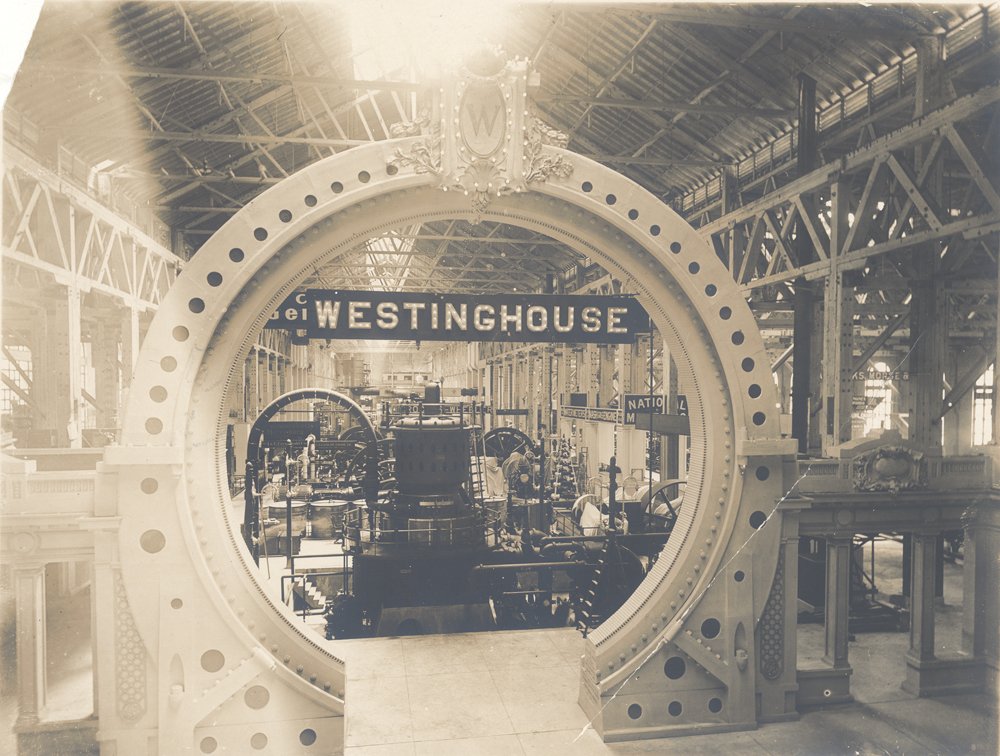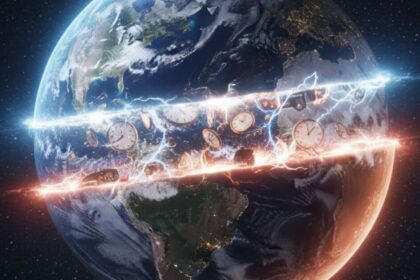Westinghouse

On March 29, 2017, Westinghouse Electric Company (WEC), a subsidiary of Japanese Toshiba, filed for bankruptcy. In its statement, the company said it lost money on construction projects in South Carolina and Georgia, although it said that nuclear fuel and plant maintenance operations are still profitable.
The cause of the incident was overruns and construction delays Nuclear power plants that include Generation III + APP1000 reactors with a simplified design and safety equipment that should simplify and reduce the cost of installation, operation and maintenance. The new design also had to make the reactor more resistant to earthquakes, air crashes and power outages.
Both projects – in South Carolina and Georgia – are already overdue for almost three years and cost from 1 to 1.3 billion dollars. This is much more than expected. These projects include the construction of Alvin W. Vogtle generating stations in Georgia and the Southgate Gas & Electric’s Virgil C. Summer facility in Jenkisville, South Carolina.
Delays were unavoidable: Westinghouse claims that security rules were adopted to prevent terrorist attacks on nuclear reactors that forced the company to re-plan and re-license both power plants, which created additional unforeseen engineering problems that increased costs and delays Construction.
In order to resolve existing and potential litigation, Westinghouse considered the possibility of acquiring S & W. Westinghouse Electric Company believed that such an acquisition would allow the parties to reorient projects and increase the likelihood of success. However, mistakes in construction can not be fixed.
According to the company’s press release, WEC took a $ 800 million loan from several companies, including Citiroup, to support itself in the process of bankruptcy and restructuring of the company.
It is unclear how the construction of both facilities will continue, but the chairman of the Public Utilities Commission of Georgia said that if Westinghouse decides to re-certify the project, the commission will have to weigh this request for systems using natural gas or renewable energy sources.
New nuclear reactors have not been built in the US since 1979. Opponents of nuclear energy say that the explosion at the Chernobyl nuclear power plant in 1986 and the problems associated with the utilization of waste clearly illustrate the danger of nuclear power for the environment. However, in other countries, nuclear power has never lost the support of governments that see it as a reliable source of energy.
In 1999, British Nuclear Nuclear Company bought the nuclear business Westinghouse for $ 1.1 billion. The sale turned what was once called the Westinghouse Electric Corporation into a media conglomerate.
Ten years ago, the Japanese giant Toshiba dreamed of a big global expansion. To do this, the company acquired the Westinghouse Electric Company for 5.4 billion dollars and planned to install 45 new nuclear reactors around the world by 2030.
Analysts believe that the current problems of Westinghouse reduce Japan’s influence on nuclear power. Even before filing the application, Toshiba, in fact, removed Westinghouse from the business of building nuclear power plants. Instead, Westinghouse will focus on maintaining existing reactors – a more reliable and profitable business – and developing a reactor design
In this way, Toshiba has joined the club of companies that have removed the overwhelming and expensive task of building new nuclear reactors. So, the pioneer in this area, General Electric, has curtailed its new projects, expressing doubts about their economic effectiveness. The French construction company Areva is mired in losses and is subject to large-scale restructuring.
Only Japan, which has some ambitions to put its growing nuclear and technical capabilities for export, can surpass the Japanese in the desire for global expansion.
Reducing the industry is a challenge for the future of nuclear power, as well as for the revival of Toshiba. The company executives said they would like to sell all or part of Westinghouse to a competitor, but given the ever-shrinking list of potential buyers combined with the history of Westinghouse’s financial disaster, it’s a difficult task.
Toshiba predicts a net loss, Westinghouse will be $ 9.9 billion for the current fiscal year. Bankruptcy will make it difficult to collect debts from the company to Westinghouse’s business partners – the US energy companies for which they built reactors.









